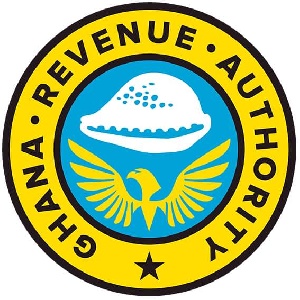- Home - News
- Elections 2024
- News Archive
- Crime & Punishment
- Politics
- Regional
- Editorial
- Health
- Ghanaians Abroad
- Tabloid
- Africa
- Religion
- Photo Archives
- Press Release
General News of Saturday, 10 May 2025
Source: www.ghanawebbers.com
2015 judgment between Dram Oil and Vihama Energy Limited is legally binding - Lawyer
Dram Oil and Trading Limited states that the 2015 judgment is final. This judgment involves Vihama Energy Limited and addresses key liability issues.
The 2015 ruling found that Vihama breached their agreement. They unlawfully withheld payments meant for Dram Oil. The judgment confirmed Vihama’s liability and granted enforceable rights to Dram Oil.
Mr. Nigel Heilpern, a solicitor for Dram Oil, noted that costs were awarded to Dram Oil. This reinforces that the matter was fully adjudicated.
He explained that an audit was ordered only to determine owed sums. It did not reopen or change liability. Mr. Heilpern emphasized that liability was already determined; only calculations remained.
He stated that a judgment is final when it resolves substantive rights, not procedural matters. After Justice Novisi's replacement in 2015, Justice George Buadi made a flawed decision in 2019 regarding Deloitte’s audit report.
The solicitors clarified this as an interlocutory order misinterpreting the audit report as judicial reconsideration. Mr. Heilpern argued that Deloitte was appointed under enforcement jurisdiction to audit Vihama’s records.
He criticized Deloitte for reversing liability, claiming Dram Oil owed Vihama money. This exceeded both the court's 2015 order and Deloitte’s role as a consultant.
“Courts cannot delegate adjudicative functions to auditors,” he said. By endorsing Deloitte’s conclusions, the 2019 ruling improperly substituted enforcement with judicial review.
He added that a final judgment cannot be changed by later decisions unless formally appealed. The 2015 judgment remains unchallenged; no appeal or stay of execution has been filed.
Thus, the 2019 adoption of the Deloitte report does not override the earlier judgment. Mr. Heilpern pointed out that Dram Oil lacked fair treatment during the audit process.
Deloitte relied on unverified data and ignored Dram Oil's financial evidence, dismissing important rebuttals. “This breach of fair hearing principles makes both the audit and its adoption legally voidable,” he stated.
A court enforcing jurisdiction cannot amend its original judgment, making Justice Buadi's actions procedurally irregular and impermissible.
Mr. Heilpern asserted that the 2015 judgment is unconditional and enforceable against Vihama as a debtor to Dram Oil. The audit instruction served merely as assistance, not a condition for enforcement.
He reiterated that findings from the audit are invalid due to overreach and lack of fairness. The enforcement application should ask the court to disregard Deloitte's audit entirely.
The lawyer concluded that the 2015 judgment is final and binding, establishing Vihama’s liability without revisiting fault through audits.
Meanwhile, he argued that the 2019 ruling contradicts this final judgment and should be set aside by the Court.
It is expected that the Court will annul Deloitte’s report due to negligence and improper attempts at reversing a final finding while enforcing the original terms of the 2015 judgment using proper methods.











